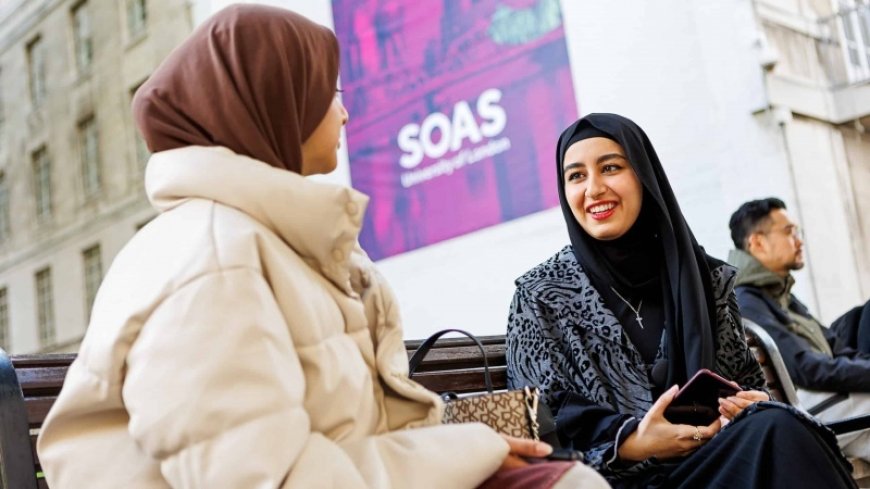Muslims as a Dynamic Force in British Politics

Muslims have emerged as a significant and constructive force in British politics, according to Masood Shajare, head of the London-based Islamic Human Rights Commission. The influence of Muslim voters has become increasingly evident in recent elections, underscoring their growing political clout and organizational potential.
The Muslim presence in Britain dates back over a century, and the current Muslim population is estimated at around four million. This demographic has progressively woven itself into the fabric of British society, contributing to its diversity and dynamism.
In a recent statement, Shajare highlighted the impact of Muslim votes in the UK's latest general election. "This potential as an effective force in the British political scene needs to be organised for maximum impact," he said. His remarks came on the heels of notable political shifts, including the suspension of several Labour Party officials over issues of Muslim discontent during the elections.
The Labour Party's victory in the July 4 general election marked a significant political shift, ending 14 years of Conservative rule. Labour secured an overwhelming majority in the House of Commons, largely driven by public dissatisfaction with the economic situation, high living costs, and the previous government's policies, rather than a full endorsement of Labour’s agenda.
Shajare pointed to the establishment of organizations like the British Muslim Assembly as a crucial step in amplifying Muslim voices in politics. "These organizations allow Islamic communities to define their priorities and present them to society within a specific framework," he noted.
The recent election underscored the critical role of Muslim voters, whose mobilization and collective action have begun to reshape the political landscape. Their growing influence is not just a testament to their numbers but also to their strategic organization and engagement in the political process.
In addition to political influence, Muslim communities in Britain have been active in various social and economic spheres. From business to education and healthcare, their contributions have been substantial, enriching the multicultural tapestry of the nation.
As Britain continues to navigate its complex socio-political landscape, the role of Muslims is poised to become even more prominent. Their active participation and engagement are likely to foster greater inclusivity and representation, reflecting the diverse makeup of modern British society.
Shajare's call for organized and strategic participation highlights a crucial aspect of democratic engagement: the power of collective action. As Muslim communities continue to assert their presence, their influence on British politics is set to grow, heralding a new era of political diversity and representation.













































